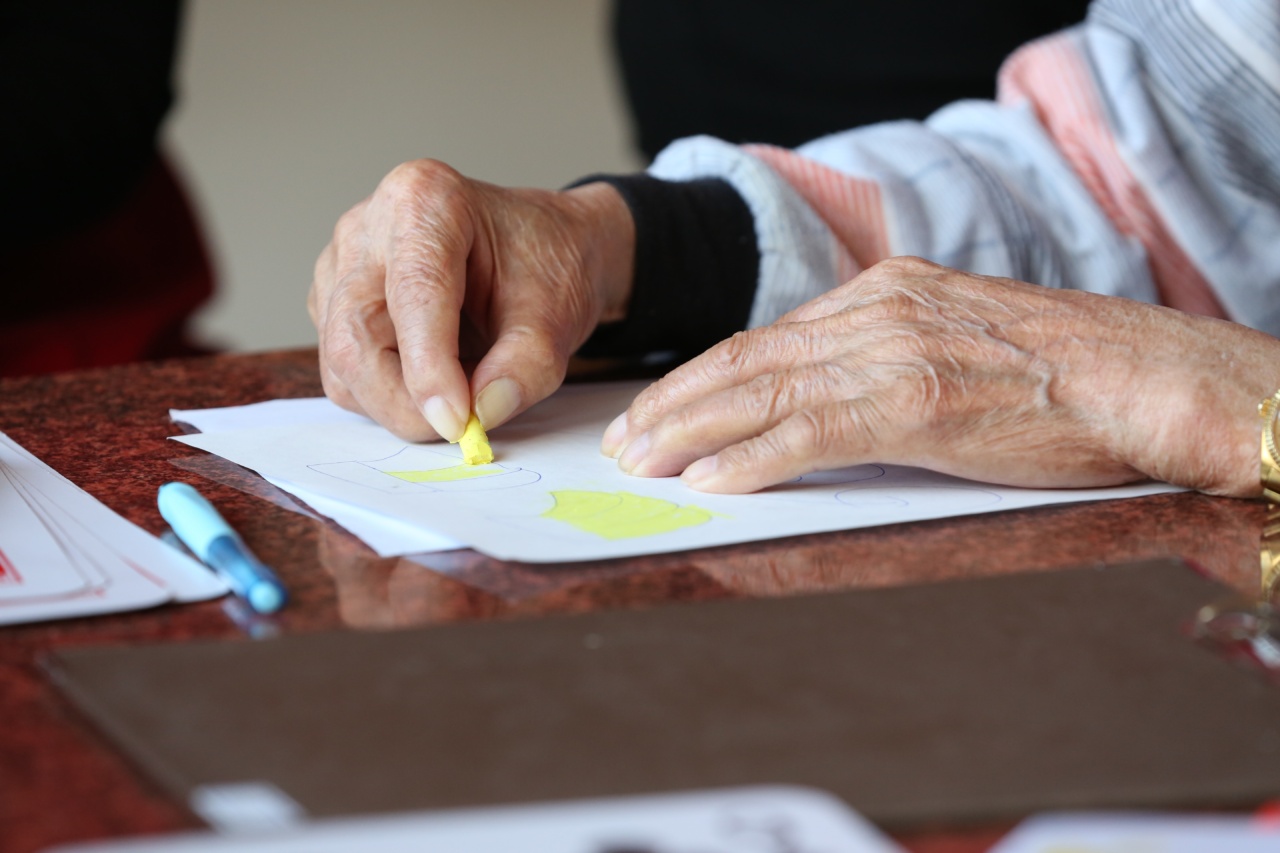Cracking your knuckles can be a satisfying and addictive habit. Many people find immense pleasure in the popping sound that occurs when they twist or pull on their fingers.
However, an age-old question remains: can cracking your knuckles lead to arthritis?.
Understanding the Anatomy of Knuckle Cracking
Before delving into the potential link between knuckle cracking and arthritis, it’s essential to understand the anatomy behind this habit.
The sound often associated with cracking knuckles arises from the release of gas bubbles that build up within the synovial fluid, which lubricates and cushions the joints.
When we pull, twist, or manipulate our fingers, the pressure inside the joint changes, causing these gas bubbles to burst rapidly. This release creates the characteristic cracking sound.
However, it’s important to note that this action does not involve bone-on-bone contact or any physical damage to the joints.
Debunking the Knuckle Cracking & Arthritis Myth
For decades, a common belief prevailed that cracking your knuckles would inevitably lead to the development of arthritis over time.
This belief stemmed from the notion that the repetitive motion of cracking puts excessive stress on the joints, leading to joint damage and subsequent arthritis.
However, extensive research has been conducted to examine this belief, and the results have debunked the myth.
Numerous studies have compared the prevalence of arthritis among knuckle crackers and non-crackers, and there is no significant difference between the two groups.
One prominent study published in the Journal of the American Board of Family Medicine examined the hand radiographs of 215 people, comparing knuckle crackers and non-crackers.
The researchers found no evidence to suggest that knuckle cracking increases the risk of arthritis.
Similarly, a long-term study published in the British Medical Journal followed more than 200 participants for up to 60 years and found no association between knuckle cracking and arthritis.
The researchers concluded that habitual knuckle cracking does not increase the risk of developing arthritis.
The Importance of Understanding Arthritis
Arthritis is a broad term covering more than 100 different conditions that affect the joints. The most prevalent form, osteoarthritis, is characterized by the degeneration of joint cartilage and the underlying bone.
Rheumatoid arthritis, on the other hand, is an autoimmune condition that causes joint inflammation.
Arthritis can cause pain, stiffness, and a reduced range of motion, negatively impacting one’s quality of life.
It’s crucial to separate fact from fiction when it comes to potential risk factors influencing the development of these conditions.
Other Factors Contributing to Arthritis
While cracking your knuckles does not appear to contribute to arthritis, several other factors play a significant role in the development and progression of these joint conditions. These include:.
1. Age: As we age, the risk of developing arthritis increases. 2. Genetics: Certain genetic factors can make an individual more prone to arthritis. 3. Previous joint injuries: Trauma or injuries to the joints can increase the risk of arthritis. 4. Obesity: Being overweight or obese places excess stress on the joints, leading to accelerated cartilage wear. 5. Occupational hazards: Jobs involving repetitive joint movements or excessive joint stress can contribute to arthritis.Effects of Knuckle Cracking
Although cracking your knuckles does not cause arthritis, it’s essential to consider the potential effects of this habit. Excessive or forceful knuckle cracking may lead to other issues:.
1. Ligament Damage: Over time, excessive knuckle cracking may stretch or damage the ligaments surrounding the joints. 2. Reduced Grip Strength: Forceful knuckle cracking might temporarily affect grip strength and dexterity immediately following the action. 3. Skin Damage: Friction from repetitive knuckle cracking can lead to calluses or rough patches of skin in the affected areas.Can Knuckle Cracking Become a Habit or Addiction?
Some individuals find knuckle cracking to be a satisfying habit, often seeking the physical and audible release it provides. Similar to other habits, continuous reinforcement can lead to the habit becoming more frequent and challenging to break.
While knuckle cracking itself is not harmful, excessive or forceful cracking may be a sign of an underlying joint issue.
Individuals who excessively crack their knuckles, experience pain or swelling, or notice any changes in joint function should consult a medical professional for further evaluation.
Conclusion
Contrary to popular belief, cracking your knuckles does not lead to arthritis. The research conducted over the years has debunked this myth, indicating that habitual knuckle cracking does not increase the risk of developing arthritis.
While knuckle cracking itself is not harmful, excessive or forceful cracking may have other effects on the joints, such as ligament damage or reduced grip strength.
It’s important to engage in self-awareness and seek medical advice if any issues arise.































